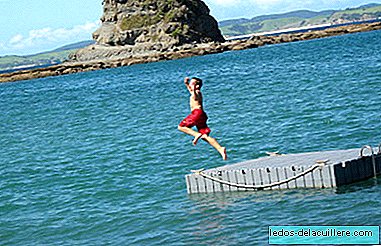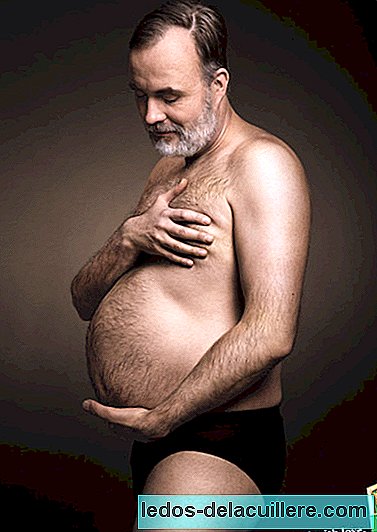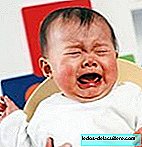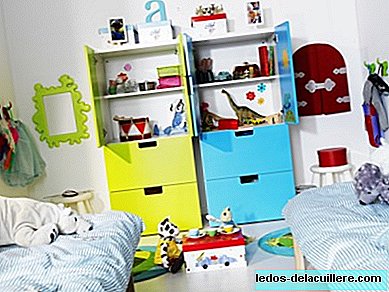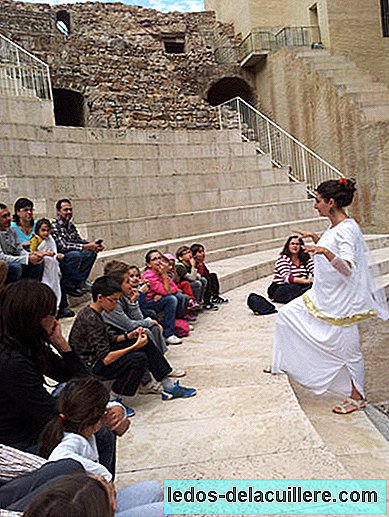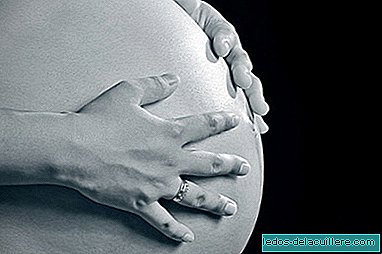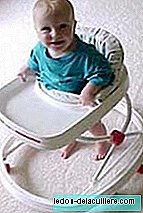
The walker has earned the antipathy of many pediatricians and several parents who they consider the taca-taca as the “anti-supporter” to learn to walk and the cause of serious accidents. Doctors do not recommend its use, and there are even those who think it should be prohibited as in Canada
According to experts, it is not proven that it fulfills a learning function of gait and there are many disadvantages of its use. As you can get to arch the baby's legs when placed when they are not ready to support their weight. That, being semi-seated, does not teach you to exercise balance. Or that children get to acquire a speed that later is not that of the real walker, without the help of the wheels; and that acquire a false autonomy, a feeling of unreal omnipotence, among other cons.
Another very worrying issue is the high incidence of accidents caused by taca-taca. According to the Spanish Association of Pediatrics, it is among the frequent causes of serious accidents in the second half of life. Falls by the stairs, blows, wounds, overturns, burns and an infinite amount of etc. are the order of the day. The walker or taca taca gives the child too much mobility sooner than would be normal, putting at his disposal potentially dangerous objects or situations such as drawers, stoves, steps, toxic products and more. For parents it may seem a peace of mind that the baby is something independent and makes them lower their guard against possible risks.
I have learned of cases in which the child learned to walk on tiptoes because of the training he had with the walker, with the negative consequences that this can have on a muscular level.
For the baby to be entertained safely there are good alternatives to the walker such as interactive blankets, the jumper that hooks to the door frame, put toys on the highchair tray, the runner for when they start to stand, or just lay it on the floor surrounded by your favorite toys.


